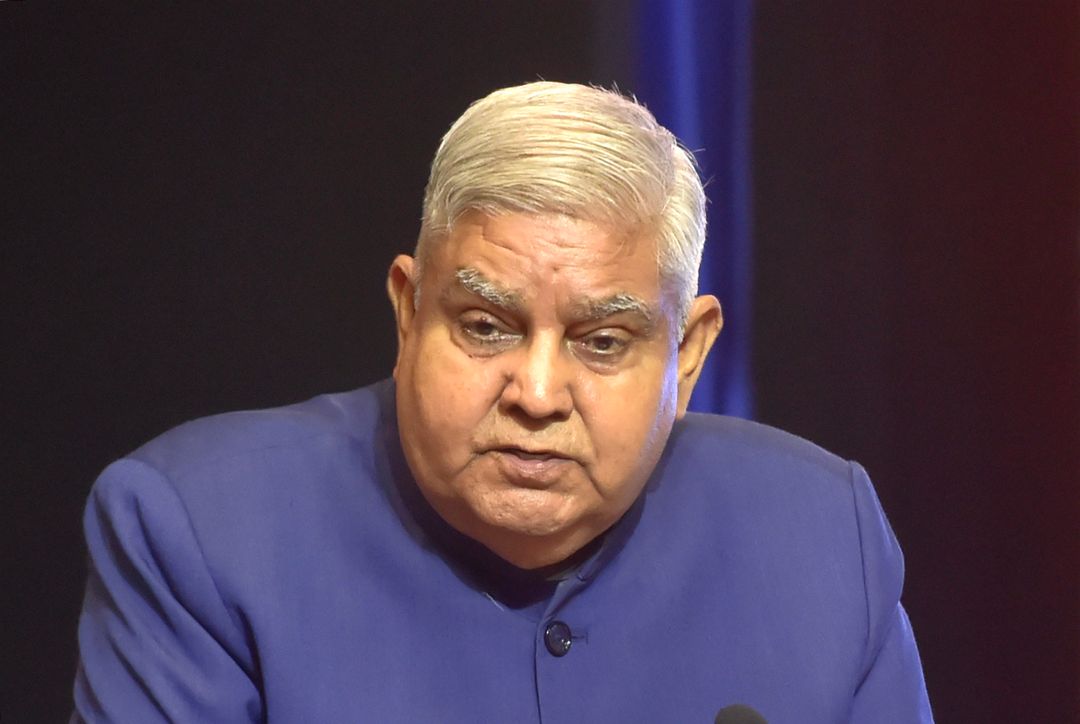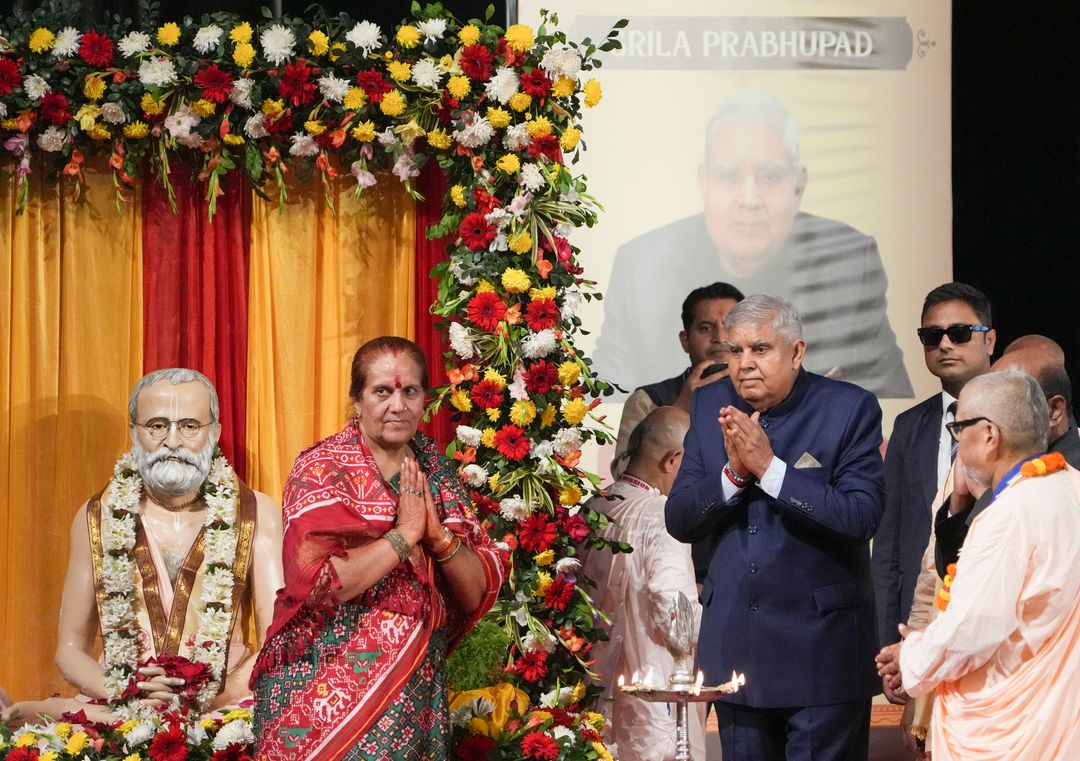
Mumbai, March 1: Vice President Jagdeep Dhankhar on Saturday emphasized the pressing issues of commodification and commercialization affecting India's healthcare and education systems. Speaking at the annual day function of KPB Hinduja College in Mumbai, he urged corporates and individuals to embrace philanthropy without financial motives, stressing the transformative power of education.
Dhankhar drew comparisons with Western universities, highlighting that some institutions in the United States have endowments worth billions of dollars. He pointed out that alumni in the West remain committed to making financial contributions to their alma maters, irrespective of the amount. Encouraging a similar culture in India, he called upon corporate entities to adopt a philanthropic approach toward education.
"Philanthropic endeavors should not be driven by the philosophy of commodification and commercialization. Unfortunately, these aspects are plaguing our healthcare and education sectors," he stated.
Education as a Catalyst for Equality
The Vice President underscored the role of education as the most significant transformative force, bridging social inequalities. He stressed the importance of staying rooted in India's civilizational ethos, with a particular mention of Sanatan Dharma, which he described as the essence of inclusivity.“Sanatan must be a part of the country’s culture and education because it stands for inclusivity,” he said, adding that India must remain connected to its deep-rooted values.
India’s Glorious Educational Heritage
Highlighting India's historic academic institutions, Dhankhar spoke about ancient centers of learning like Odantapuri, Takshila, Vikramshila, Somapura, Nalanda, and Vallabhi. These institutions, he noted, once attracted scholars from across the globe, fostering a knowledge-driven civilization.He particularly referenced the destruction of Nalanda University in 1193 by Muhammad Bakhtiyar Khilji, labeling him a "reckless destroyer of culture." Dhankhar lamented that the destruction of Nalanda was not just physical but symbolized the systematic erosion of centuries of accumulated knowledge. He recounted how the fire that engulfed the vast libraries of Nalanda burned for months, destroying irreplaceable manuscripts on subjects like mathematics, medicine, and philosophy.
“What vanished in those flames was the living record of ancient Indian thought, creating an intellectual void,” he stated.
Reclaiming India's Intellectual Legacy
Calling for a revival of India’s intellectual and academic traditions, Dhankhar stressed the need to reclaim the country’s lost glory in education. He urged citizens to be wary of narratives that undermine India's cultural and intellectual heritage.“We must work towards reviving institutions like Nalanda as part of our intellectual legacy, which is crucial to realizing the goal of Viksit Bharat (Developed India) by 2047,” he emphasized.
The Vice President's remarks reinforced the necessity of a holistic approach to education, aligning India’s modern aspirations with its rich historical and cultural foundations.
Last updated by a enewsx:
